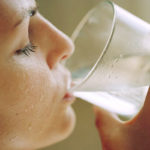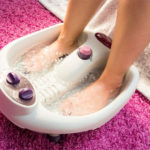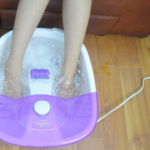5 instances when you should not take a shower
– Do not shower when hungry and immediately after a full meal
After eating, the body needs to concentrate a large amount of blood to the digestive organs. At this time, the digestive system operates vigorously to process the food. Showering at this time causes the blood to circulate more throughout the body due to the warming and dilation of blood vessels. This will slow down or interrupt the digestion process, causing indigestion.
When hungry, you should also avoid taking a shower. At this time, the blood sugar level is low. If you take a shower, your body will consume more energy and lower your blood sugar level even more. When that happens, the amount of blood sent to the brain may not be enough, causing dizziness, fainting, and even unconsciousness.
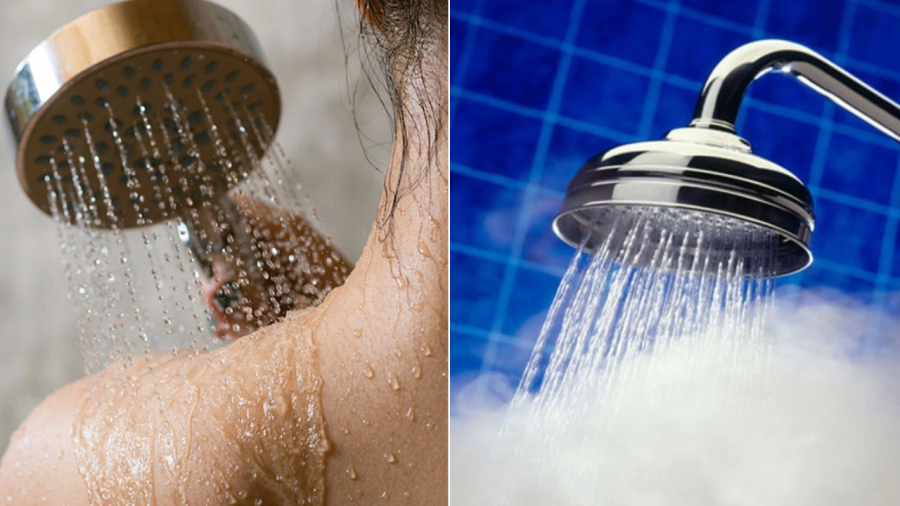
– Do not shower immediately after exercising
After exercising, the heart beats faster to supply oxygen to the muscles. If you take a shower, the blood will circulate throughout the body and cause insufficient blood supply to the heart and brain. This leads to dizziness, nausea, fatigue, fainting, and even stroke.
After intense exercise, you should rest to allow your heart rate to return to normal before taking a shower.
– Avoid showering when the body is fatigued
When fatigued, the body has difficulty regulating body temperature. If you shower at this time, you are at risk of catching a cold, dizziness, fainting, and stroke. It is best to rest and allow your body to recover before taking a shower.
– Do not shower after drinking alcohol
When drinking alcohol, blood vessels dilate, leading to low blood pressure. Taking a shower after drinking alcohol will lower blood sugar levels, cause unstable blood pressure, and lead to symptoms such as seeing stars, dizziness, and even coma, posing a life-threatening risk.
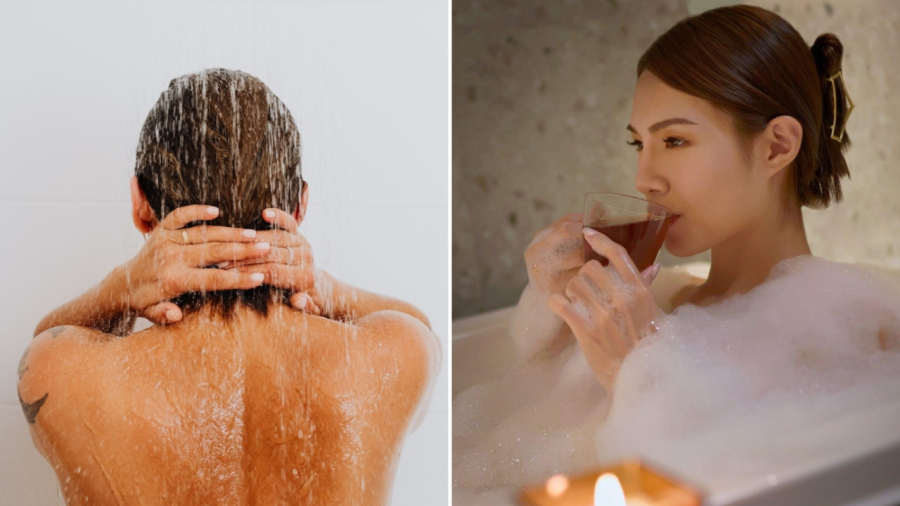
– Avoid showering at night
At night, the temperature drops. Showering at this time, especially with cold water, causes the blood vessels to constrict, making it difficult for blood to circulate and leading to headaches and body aches. Even more dangerously, showering at night can cause stroke or cerebral infarction.
Some reminders when taking a shower
– Stay warm
In winter, there is a significant temperature difference between the outside and the bathroom, which can cause a cold. At this time, you should pay attention to keeping your body warm before and after showering. You can use a heater in the bathroom to keep warm. After showering, make sure to dry yourself and wear warm clothes immediately.
– Do not shower with water that is too hot
Even when showering in winter, you should not use water that is too hot. Showering with water that is too hot can cause insufficient blood supply to the heart muscle and lack of oxygen. It is best to keep the water temperature moderate, around 40 degrees Celsius.
– Showering time
You should not take a shower for too long. The longer you shower, the more easily your body will become tired. The showering time should not exceed 20 minutes.
7 Tips for Utilizing a Foot Bath
Soaking your feet in a foot bath can provide you with many nourishing and therapeutic benefits. To get the most out of this practice, it is important to be aware of proper technique and troubleshoot any potential issues. This article looks deeper into the benefits of a foot bath and what to do when obstacles arise.

























